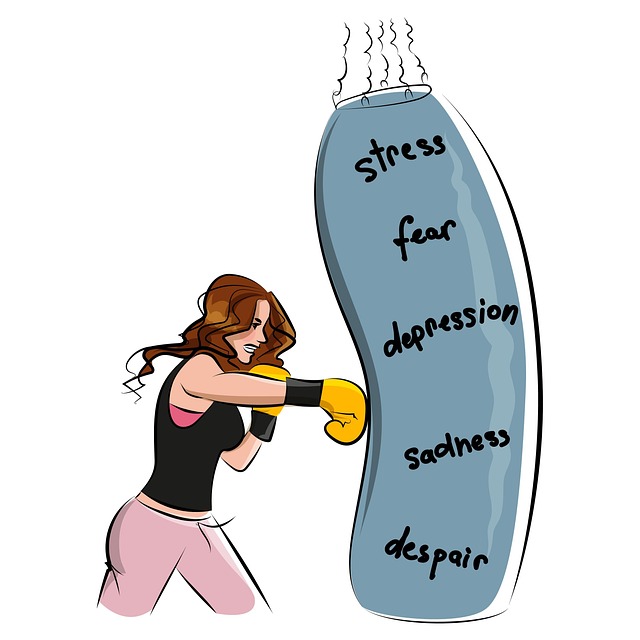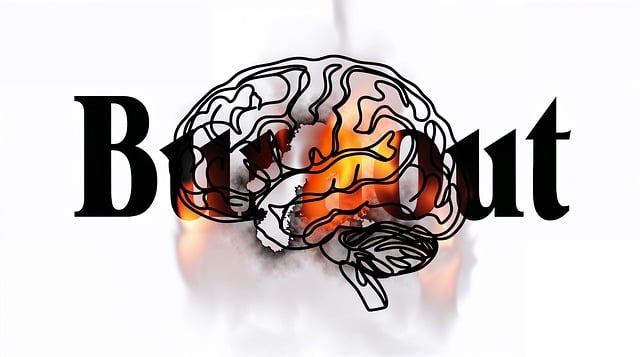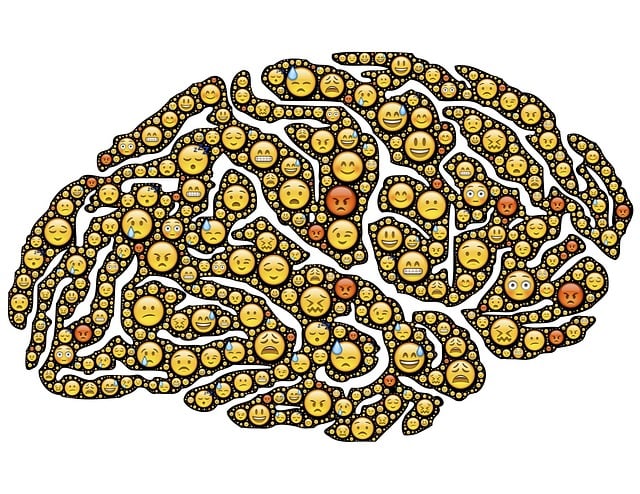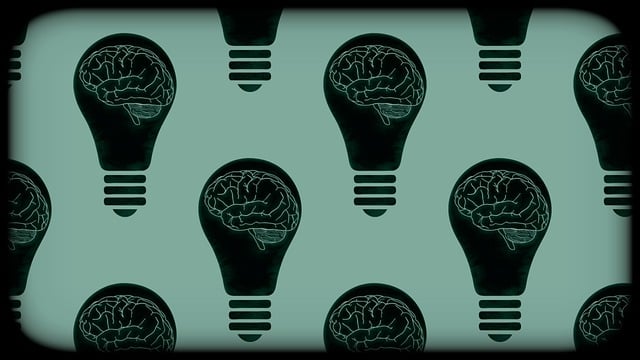Boulder Developmental Disability Therapy offers a comprehensive approach to stress management for individuals with developmental disabilities, addressing heightened vulnerability and potential mental health challenges. Through tailored coping mechanisms, effective communication techniques, mindfulness practices, compassion cultivation, art therapy, and accessible education, they empower clients to lead balanced lives. Their initiatives promote holistic well-being, reduce mental illness stigma, and foster a supportive societal environment, enhancing the overall mental health of Boulder's developmental disability community.
Stress management is a vital skill, especially for individuals with developmental disabilities. This comprehensive guide explores effective strategies to empower those facing unique challenges. We delve into the impact of stress and its effect on daily life, offering insights into how Boulder Developmental Disability Therapy provides tailored support. From understanding communication cues to practical relaxation techniques, this article equips parents and caregivers with tools to teach stress management, fostering resilience and improved well-being.
- Understanding Stress and Its Impact on Individuals with Developmental Disabilities
- The Role of Boulder Developmental Disability Therapy in Teaching Stress Management
- Effective Communication Strategies for Expressing and Managing Stress
- Practical Relaxation Techniques to Reduce Daily Strain
- Building Resilience and Coping Skills Through Therapeutic Activities
Understanding Stress and Its Impact on Individuals with Developmental Disabilities

Stress is a universal experience, but its impact can vary significantly among individuals. For those with developmental disabilities in Boulder, understanding and managing stress becomes an essential aspect of their overall well-being. These disabilities often present unique challenges, making them more susceptible to heightened stress levels and subsequent mental health issues.
Recognizing this, various therapy approaches, such as mindfulness meditation techniques, have gained traction. Mental wellness coaching programs specifically tailored for this population can empower individuals to develop coping strategies. Incorporating practices like mindfulness meditation into daily routines can help regulate emotions and promote relaxation. Moreover, the production of engaging mental wellness podcast series can provide valuable insights and support, offering practical tips and sharing stories of resilience. These initiatives contribute to a holistic approach in fostering mental wellness among individuals with developmental disabilities.
The Role of Boulder Developmental Disability Therapy in Teaching Stress Management

Boulder Developmental Disability Therapy plays a pivotal role in teaching stress management techniques, specifically tailored for individuals with developmental disabilities. Through specialized approaches, therapists help clients understand and manage stress levels effectively. This involves identifying triggers and developing personalized coping strategies, which can range from simple mindfulness exercises to more complex conflict resolution techniques.
By incorporating these practices, Boulder Developmental Disability Therapy not only aids in depression prevention but also fosters public awareness campaigns development around mental health issues. The process encourages individuals to build resilience, enhance self-awareness, and learn adaptive skills for navigating stressful situations. Moreover, the therapy emphasizes the importance of social support and provides a safe space for clients to practice conflict resolution techniques, ultimately empowering them to lead more balanced and fulfilling lives.
Effective Communication Strategies for Expressing and Managing Stress

Effective communication is a powerful tool for managing stress, particularly for individuals with developmental disabilities, as it allows them to express their feelings and needs. At Boulder Developmental Disability Therapy, we emphasize the importance of teaching clients various communication strategies to enhance their emotional well-being promotion techniques. This involves encouraging open dialogue about stressors and providing guidance on how to articulate them healthily. For example, simple yet effective methods like journaling can offer a safe space for individuals to reflect and vent, promoting mental wellness through self-expression.
By incorporating these emotional well-being promotion techniques into therapy sessions, we aim to empower our clients with the tools to navigate stress effectively. This, in turn, fosters resilience and improves overall mental health. Furthermore, developing public awareness campaigns around these communication strategies can significantly contribute to a supportive societal environment, where individuals feel understood and equipped to handle stress-related challenges, ultimately leading to happier and healthier communities.
Practical Relaxation Techniques to Reduce Daily Strain

In the fast-paced world we live in, daily stressors can quickly build up, leading to heightened anxiety and overall dissatisfaction. This is where practical relaxation techniques become a powerful tool for managing stress, especially for individuals with developmental disabilities. Boulder Developmental Disability Therapy offers innovative approaches to help clients cultivate inner calm amidst life’s challenges.
One such technique involves mindfulness practices, which encourage individuals to focus on the present moment, quieting racing thoughts and reducing the impact of stressful triggers. Simple breathing exercises, guided visualizations, and meditation can be easily incorporated into daily routines, providing effective anxiety relief. Additionally, compassion cultivation practices have gained prominence in stress management, fostering empathy and self-kindness, thereby enhancing emotional resilience. By engaging in these practical relaxation techniques, individuals are empowered to navigate life’s twists and turns with greater composure, ultimately improving their overall well-being.
Building Resilience and Coping Skills Through Therapeutic Activities

Building resilience and coping skills is a cornerstone of effective stress management, especially for individuals with developmental disabilities. Therapeutic activities designed to foster mental wellness play a pivotal role in this process. Boulder Developmental Disability Therapy emphasizes creative approaches like art therapy, mindfulness exercises, and social skills groups to help clients develop effective coping mechanisms. These activities not only provide outlets for expression but also teach valuable problem-solving strategies, enhancing their ability to navigate stressful situations with adaptability and resilience.
Incorporating therapeutic arts and interactive workshops enables clients to explore and express emotions in a safe environment. Mental illness stigma reduction efforts are further supported by these activities, promoting understanding and self-acceptance. Moreover, designing mental health education programs around engaging and relatable content can significantly impact the success of stress management initiatives. Even production of a mental wellness podcast series can offer accessible platforms for sharing coping techniques and inspiring stories, contributing to broader mental wellness within communities.
Boulder Developmental Disability Therapy plays a vital role in empowering individuals with developmental disabilities to navigate stress effectively. By understanding the unique impact of stress on this population and employing tailored strategies, such as communication techniques, relaxation exercises, and therapeutic activities, professionals can significantly enhance their clients’ well-being. These comprehensive approaches not only help manage immediate stress but also foster resilience, enabling folks to cope with life’s challenges in healthy and adaptive ways.












